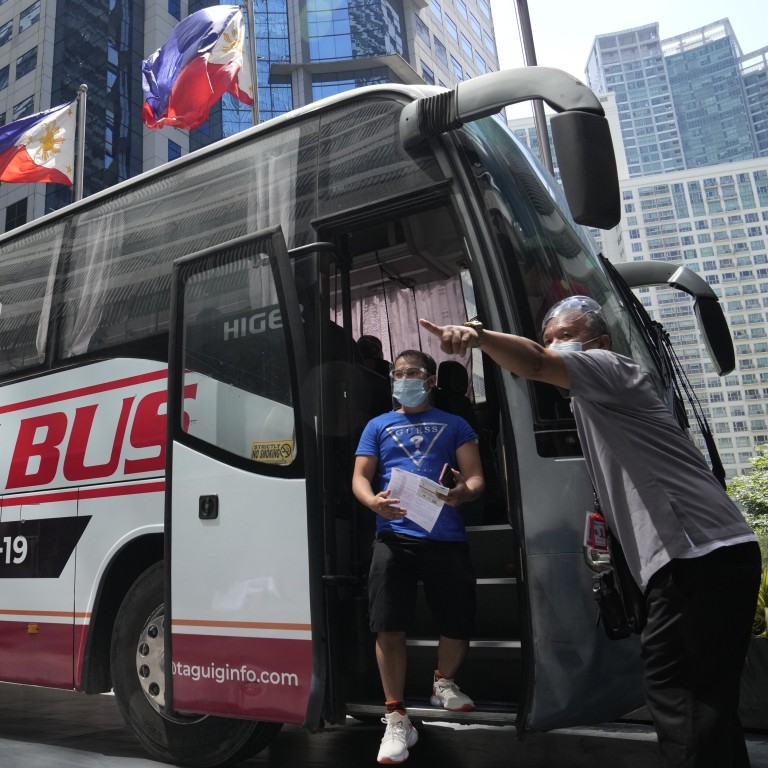
Coronavirus: ‘vaccine or jail’, Philippines’ Duterte threatens; Singapore expands testing after finding new clusters
- Duterte’s remarks contradict those of his health officials, who have said Covid-19 vaccines were encouraged but voluntary
- Elsewhere, Singapore widened testing after finding two new clusters, and India administered 8.5 million vaccine doses in one day
“You choose, vaccine or I will have you jailed,” Duterte said in a televised address on Monday following reports of low turnouts at several vaccination sites in the capital, Manila.
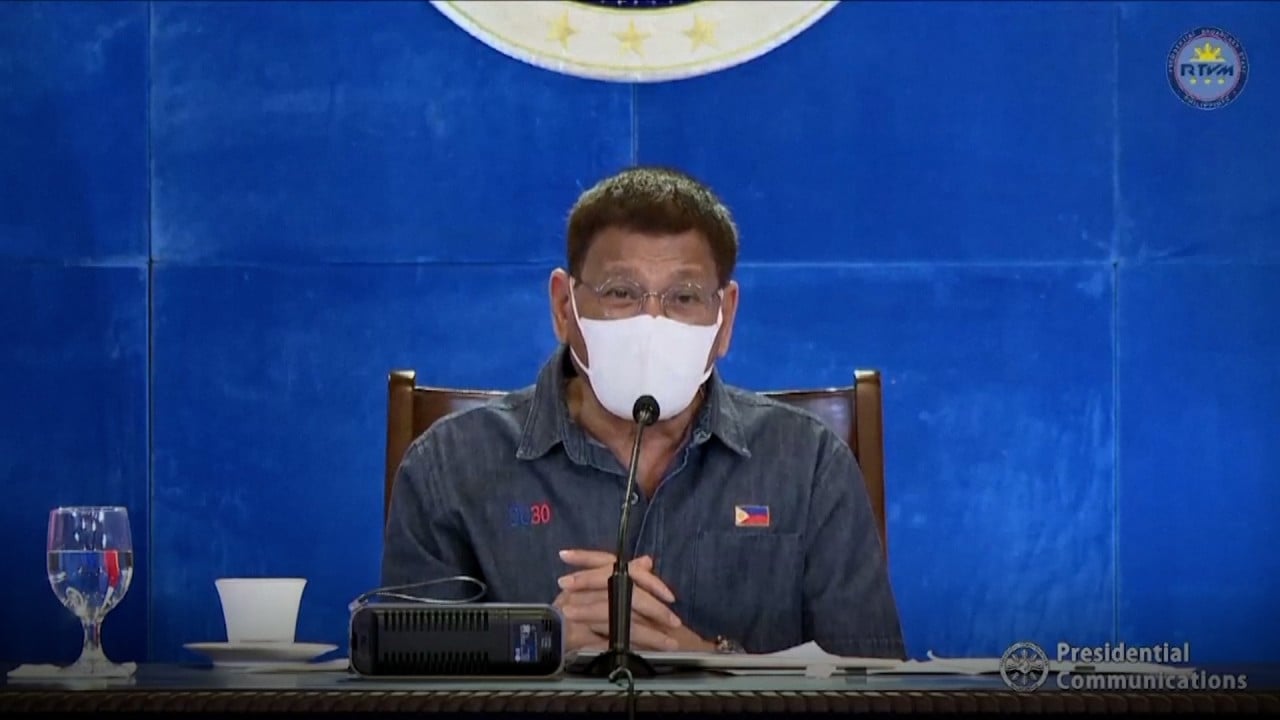
01:11
Vaccine or jail: Philippines’ Duterte threatens to arrest Filipinos who refuse jabs
“Don’t get me wrong, there is a crisis in this country,” Duterte said. “I’m just exasperated by Filipinos not heeding the government.”
As of June 20, Philippine authorities had fully vaccinated 2.1 million people, making slow progress towards the government’s target to immunise up to 70 million people this year in a country of 110 million.
Duterte, who has been criticised for his tough approach to containing the virus, also stood by his decision to not let schools reopen.
In the same address, he took a swipe at the International Criminal Court, after an ICC prosecutor had sought permission from the court for a full inquiry into the drug war killings in the Philippines.
Duterte, who in March 2018 cancelled the Philippines’ membership of the ICC’s founding treaty, repeated he will not cooperate with the probe, describing the ICC as “bulls***”.
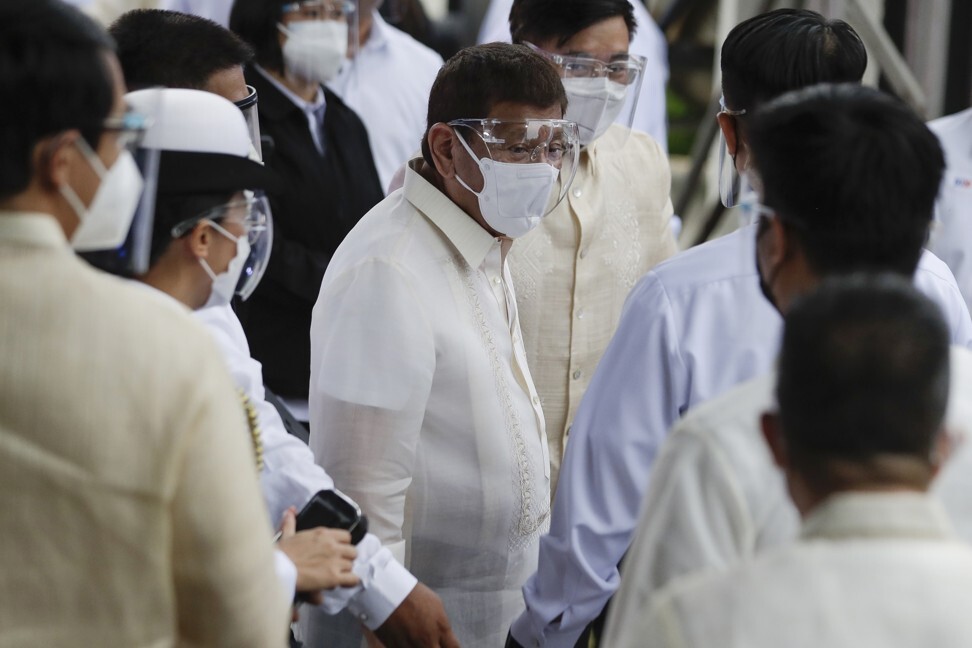
Human rights groups say authorities have summarily executed drug suspects, but Duterte maintained those who were killed violently resisted arrest.
Sought for comment, ICC court spokesman Fadi el-Abdallah said: “The court is an independent judicial institution, and does not comment on political statements”.
Singapore finds more clusters, widens testing
Singaporean authorities identified two more coronavirus clusters in a large neighbourhood outside the city centre where the government widened mandatory testing in response to an outbreak from mid-June.
More residents and housing blocks in the Redhill neighbourhood will have to get tested as viral fragments were found in waste water samples collected from the area, raising concerns of a fast-moving, undetected spread. Some of the 13 cases detected on Monday were part of the new clusters that have emerged, the government said in an update on Monday, while three of the infections were untraceable.
The first cluster that emerged from the market and food centre in the Redhill area in mid-June is now the largest in Singapore with 78 infections, according to updated data. The government said on Friday that about half of the people found to be infected at the time were not vaccinated.
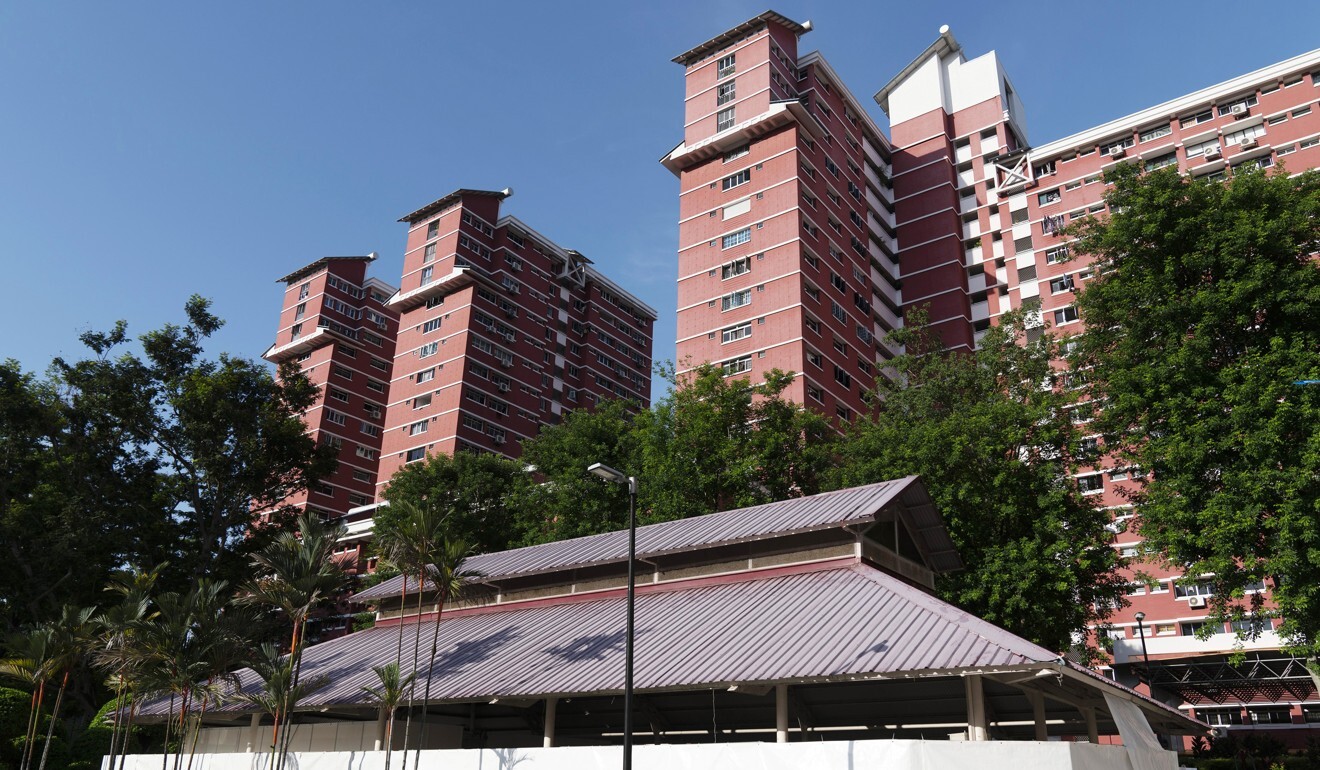
“We are adjusting our reopening plans in light of the latest outbreak,” Finance Minister Lawrence Wong, who co-leads the country’s virus task force, said in a recent Facebook post. Singapore is “treading a careful way forward” so as to “to buy us time to speed up vaccinations,” he added.
Since Monday, dining-in has resumed in groups of up to two people – instead of five as previously planned. Group sizes are likely to be raised to five from mid-July, barring any superspreader events or big clusters.
Singapore reported one death linked to the virus, bringing the total to 35. Singapore has one of the lowest case fatality rates in the world at 0.06 per cent per cent in part thanks to quick contact tracing and mandatory mask wearing as well as most coronavirus patients being young migrant workers who were less affected.
Cases rise in Australia’s New South Wales
Ten new locally acquired cases were reported in New South Wales on Tuesday, as officials fight to contain a latest cluster of the highly infectious Delta virus variant. Eight of the 10 are household contacts of previous cases in isolation.
“There is no doubt there is an increased level of concern, given the additional numbers of cases, but … given how absolutely contagious the virus is, we expected household contacts already in isolation were likely to get the virus,” New South Wales Premier Gladys Berejiklian told reporters in Sydney.
Masks will be mandatory indoors in Sydney, Australia’s largest city, for another week from Thursday morning although officials stopped short of announcing further curbs as the cluster increased to 21 infections in six days.
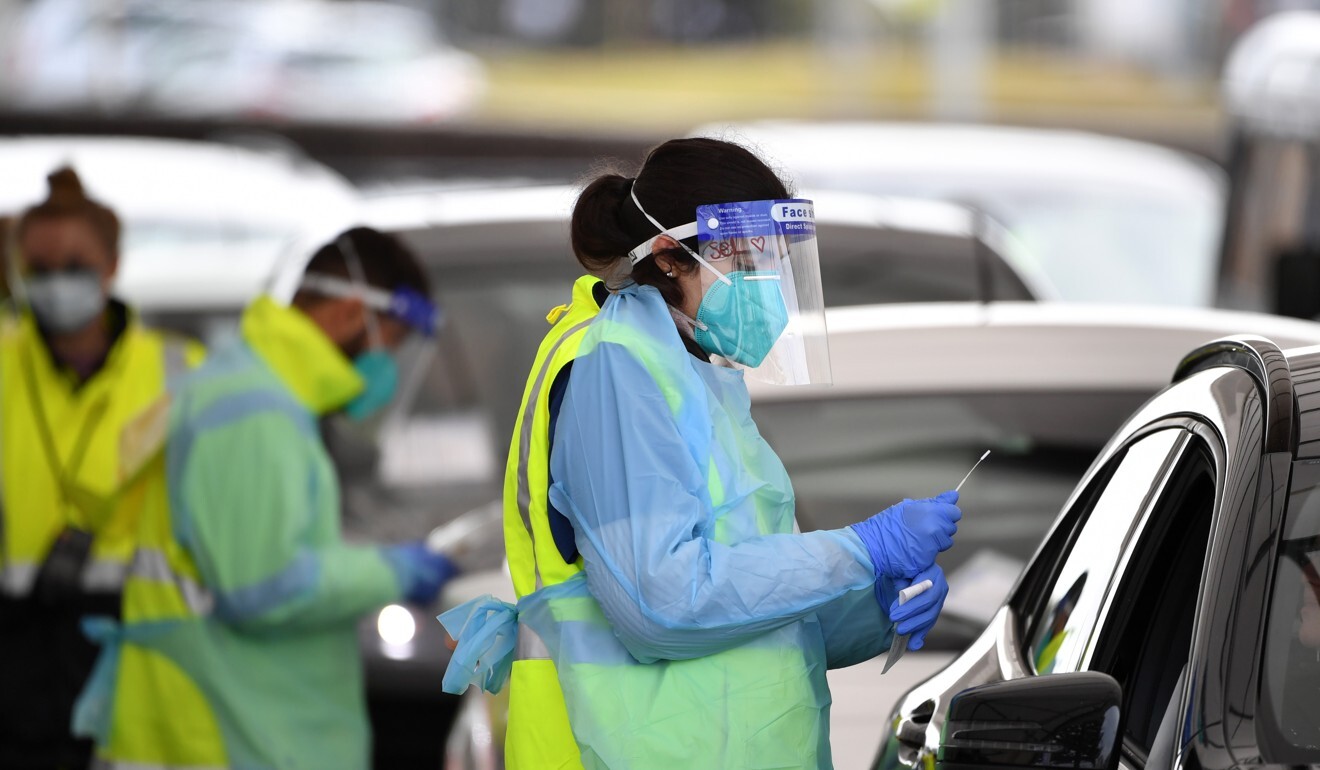
“At this stage, we feel that the response we are having is proportionate to the risk,” Berejiklian said, although she expects more cases among household contacts.
Tuesday’s data includes seven cases recorded after the 8pm cut-off deadline, which will be included in Wednesday’s numbers.
Authorities say the latest outbreak, the first in the state in more than a month, is linked to a driver who transports overseas airline crew members and then later visited several venues, including a shopping centre in Bondi, a popular tourist hotspot.
Swift tracing systems, tough social distancing rules and high community compliance have kept Australia’s Covid-19 numbers relatively low, with just over 30,350 cases and 910 deaths.
India gives out 8.5 million vaccines in one day
Additional reporting by Bloomberg

